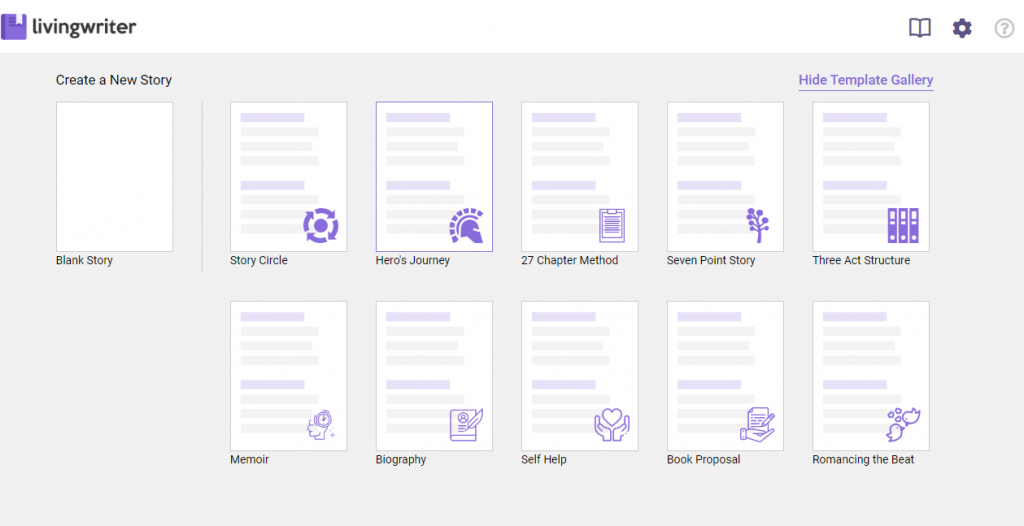Tips on Writing a Monologue

Writing a monologue can be challenging because they have to show character and plot detail without bogging down the play or making the audience yawn.
A successful dramatic monologue should indicate what’s in the mind of one character while adding emotion or wow-factor to the rest of the play.
You may choose to write a monologue to add pepper to the play or raise the stakes in general. Most importantly, you should begin by constructing your monologue before writing and polishing it to perfection.
These clear-cut guidelines will help you write your monologue.
What is a Monologue?
Simply put, a monologue is a long presentation by a solo character in a film or theatre gig.
Monologues can be one character having a conversation with themselves or the audience, or they can be a character conveying a message to others in the scene.
The word monologue is an antonym of the word dialogue and is derived from the Greek terms that stand for alone and speak.
The primary goal of writing a monologue is to give meaning to your storytelling- to offer your audience more information about a character or the plot.
Applied tactfully, a monologue is an awesome way to share your internal thoughts or backstory of a character or mention particular elements about your plot.
How to Distinguish a Monologue from a Soliloquy
A monologue that involves a character talking to themselves, “internal monologue” is known as a “soliloquy.”
You can identify this tool in William Shakespeare’s famous plays and specifically the soliloquy “To Be or Not to Be” speech from Hamlet. In the soliloquy, Hamlet questions whether he should continue to challenge his malicious uncle or kill himself.
Key Tips for Writing an Effective Monologue
Just because monologues involve one character doesn’t mean they are simple to write. Monologue scripts should be written with singular consideration and moderation. You wouldn’t want to bore your audience while failing to drive the point home at the end of the day.
Below are the important factors to keep in mind when writing a monologue:
- The Character’s Essence
Newbie scriptwriters can be overly ambitious by writing monologues to display their writing techniques; however, be wary of this as it can rapidly pull viewers out of the plot.
With so many monologues to explore, when writing yours, you should make it feel natural and inconspicuous in your story, so it should be voiced by your character along with their viewpoint.
Start by using language that is authentic to your character to help craft a constructive monologue.
- The Character’s Backstory or Significance to the Storyline
The essence of monologues is to unfold significant details about a character or the plot, so you must advance the speaking character and capture the plot for them to occupy even before you begin your writing.
Monologues aid in telling the audience about a character’s previous experiences and traits.
- The Character’s Ambition
In reality, you rarely sit down and have a conversation with yourself unless you have a dire reason or a life-changing decision to make. Similarly, for any monologue, the character should have a motivation for it.
How to Write a Dramatic Monologue
Superior monologues are well-structured with an introduction, a body and a conclusion. This build-up of a resolution is crucial in long stories because they prevent stories from becoming stale and boring.
So here’s how to organize your monologue:
Beginning
Ideally, people don’t randomly talk to themselves unless they’re nutjobs! They start to monologue in reaction to an event that took place or something that was said.
When writing a monologue, try easing in your audience with your first line. Something as simple as “ I can’t stop thinking about that thing that happened last week” is a great way for a character to begin a monologue speech.
Middle
The central part of a monologue can be the toughest one to crack. Because people often get bored with long speeches, it’s good to keep your monologues interesting by making them unpredictable.
Incorporate tiny tricks and shocking twists into your storytelling. Use captivating plot features to unique character descriptions to maintain the freshness of your monologues.
End
It’s a common practice to wrap up monologues using convincing statements that explain the essence of the plot. However, don’t overindulge in this technique as it can be monotonous and uninteresting. Rather, trust your viewers to extract the meaning of the monologue themselves.
Takeaways for Writing a Solid Monologue
- Practice, Practice, Practice
The best tool for writing an effective monologue is to practice. Your first monologues may seem amateur but keep pushing and you’ll see your monologue writing skills improving in no time!
- Pay Attention to Detail
Monologues created in general language are unmemorable. The best monologues apply concrete details that readers can latch onto and recall. Spice up your monologues by adding striking words.
When feeling mentally blocked, try using your five senses to create imagery to make them unforgettable.
- Keep it Short and Sweet
Monologues shouldn’t fill up tons of script space- they should be as concise as possible. This doesn’t mean all your monologues have to be short; rather focus on editing and pointing out the important details.
The more centred your monologue, the more compelling and notable it will be for your audience.
- Arrangement is Crucial
Monologues are powerful writing tools but too many of them clustered in your story will bother your readers. Restrain yourself by creating a few monologues and spacing them out in your story so they’re not too close together. This will make each monologue stand out and protect your audience from boredom.
- Learn From the Best
Prominent monologues draw their inspiration from other prominent monologues. So if you’re feeling stuck, tap into the skills of great monologue writers such as William Shakespeare.
After you’ve gone through Hamlet, look into Romeo and Juliet and A Midsummer Night’s Dream.
Overall, enjoy writing your monologue! If you feel like something isn’t working out, you are mandated to substitute it until it rings true.
Head on over to LivingWriter – make a blank story and start crafting your masterpiece right now!
